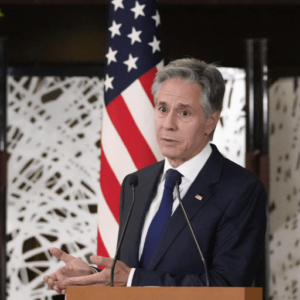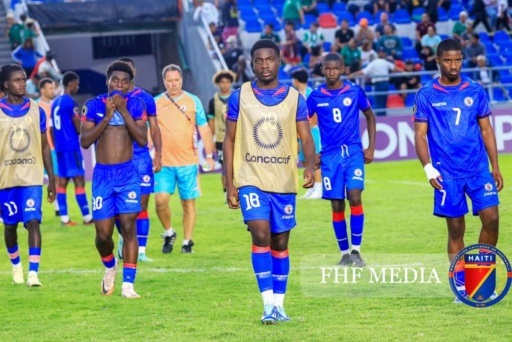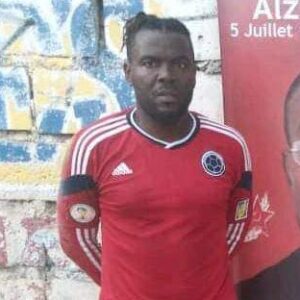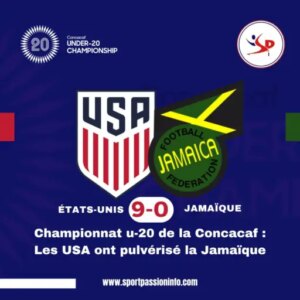The Grenadiers Debacle: Angelo Jean-Baptiste’s Bitter Failure with the U20s
Par James Bake
The recent elimination of the Haitian U-20 team from the World Cup qualifiers highlights Angelot Jean-Baptiste’s controversial choices. He relied on dual-national players at a disappointing level. A look back at a fiasco that raises questions about the future of Haitian football.
The Haitian U-20 selection, led by Angelot Jean-Baptiste, left the World Cup qualifiers of this category by the back door after a series of humiliating defeats. With a record of 0 wins, 3 losses, 12 goals conceded and only 2 goals scored. The team showed glaring weaknesses. This debacle raises worrying questions about the choices of the coach. In particular the integration of dual national players at a level clearly insufficient.
What lessons can be learned from this resounding failure for the future of Haitian football?
The rout against Guatemala, where the Grenadiers lost 5-1, was the culmination of a disastrous campaign. Bryan Destin, Haiti’s only goal scorer in the match, was not enough to mask the defensive shortcomings and lack of team cohesion. Angelot Jean-Baptiste had promised qualification for the FIFA U-20 World Cup. However, his words proved to be in vain. The choice to call on dual national players, often from second-tier foreign leagues, clearly did not bear fruit. These players, far from strengthening the team, on the contrary revealed a glaring deficit in talent and preparation.
It should be noted,
This failure is not the first for Angelo Jean-Baptiste, who has now failed with three selections in only two years. Criticism is flying about his recruitment strategy and his inability to build a competitive team. The dual-national players, often overvalued and undertrained, have not been able to adapt to the collective game and tactical demands of the competition. The contrast with the opposing teams, better organized and more homogeneous, is visible. This situation calls into question the selection criteria and the preparation of young Haitian talents.
Faced with this observation of failure, it becomes imperative to rethink the development strategy of Haitian football. It is time to revive the local championship by focusing on players with talent and a proven level. Only a real policy of training and promoting young local footballers will be able to give hope to supporters and restore the image of Haitian football on the international scene.













